
U.S. Bank and Elavon Launch Next Gen talech Terminal for Small Businesses
ATLANTA--(BUSINESS WIRE)--Aug 30, 2023--
2023-08-30 22:20

Humans Have Blown Past Key Limits for Earth’s Stability, Scientists Say
A team of Earth scientists first introduced the concept “planetary boundaries” almost 15 years ago to identify major
2023-05-31 23:59

Addison Rae to appear in 'War of the Visions: Final Fantasy Brave Exvius' as playable character
Addison Rae will appear in both 'Final Fantasy Brave Exvius' and 'War of the Visions Final Fantasy Brave Exvius'
2023-06-15 15:50

Instagram Launch of Twitter Rival ‘Threads’ Expected on Thursday
Instagram’s highly anticipated Twitter rival is expected to launch Thursday, according to a listing on Apple Inc.’s App
2023-07-04 07:56
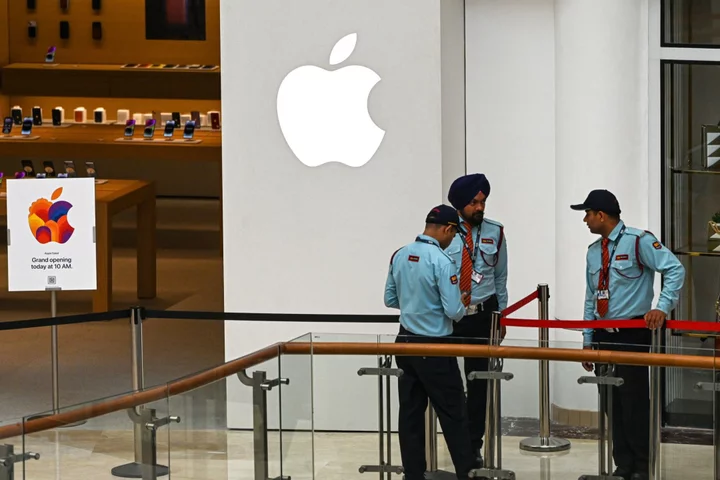
Apple Supplier Foxconn Begins iPhone 15 Production in India
Apple Inc.’s next-generation iPhone 15 is beginning production in Tamil Nadu, in an effort to further narrow the
2023-08-16 12:53
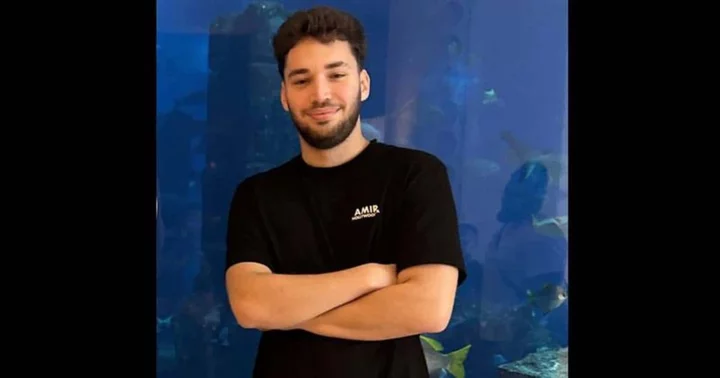
Why is Adin Ross threatening to 'rip' Kick's contract and move to Rumble?
Currently, Adin Ross holds the record for the most hours spent on the Kick streaming platform
2023-05-31 12:57

Thousands of teachers protest in Nepal against education bill, shutting schools across the country
Schools for millions of students in Nepal are closed as tens of thousands of teachers protest in the capital against an education reform bill in parliament
2023-09-22 20:53
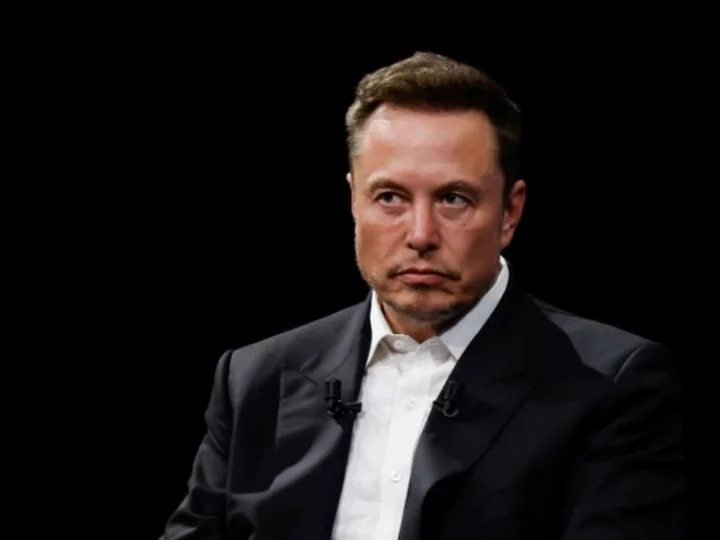
New lawsuit claims Elon Musk's Twitter owes more severance to former employees
A former Twitter employee on Wednesday filed a new lawsuit against Twitter and its owner, Elon Musk, alleging that the company failed to provide the full amount of severance it had promised employees prior to mass layoffs last November.
2023-07-13 06:49

EVs Are the Only Bright Spot in Climate Fight, Study Shows
Global efforts to reach net-zero carbon emissions are failing in almost every way, with one exception: the boom
2023-11-14 18:28
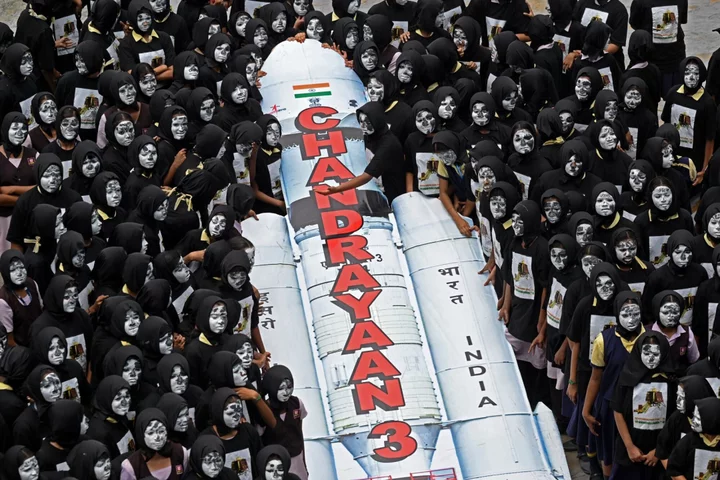
India Set for First South Pole Moon Landing After Russia Crash
India is set to become the first country to land a spacecraft near the moon’s south pole after
2023-08-23 09:50

Did Elon Musk challenge MrBeast? YouTuber 'goes to bed' after discussing Twitter changes with CEO, fans ask 'when is this video coming'
Latest updates have generated significant buzz across various platforms due to the direct conversation between MrBeast and Twitter chairman Elon Musk
2023-07-03 15:51

Sony Celebrates TLOU 10th Anniversary With New Merch
It has been ten years since Naughty Dog bestowed The Last of Us on gamers. Players worldwide fell in love with the action-adventure's well-written characters, g
2023-09-28 05:29
You Might Like...
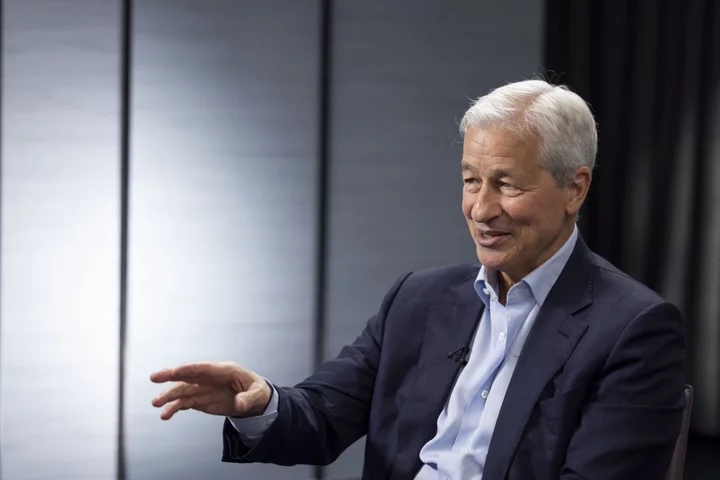
JPMorgan Has a New Way to Gauge Its Green Progress

EA 'learns lessons from Disney's success'

Planning an EV Road Trip? Good Luck Finding a Hotel With a Charger

How to Change Fortnite Lobby Background
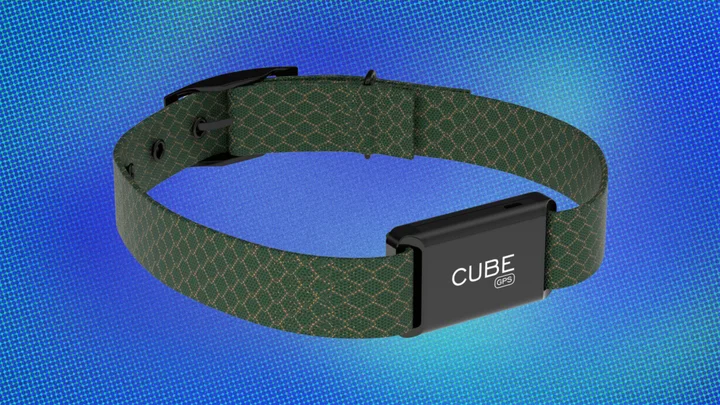
Keep your furry friends close with $35 off the Cube GPS tracker

Extreme Drought Is Wreaking Havoc on Daily Life in Spain

Apple launches Vision Pro, a VR headset it hopes will be most important product since iPhone

Low-cost e-commerce rivals Shein and Temu shelve US court cases
